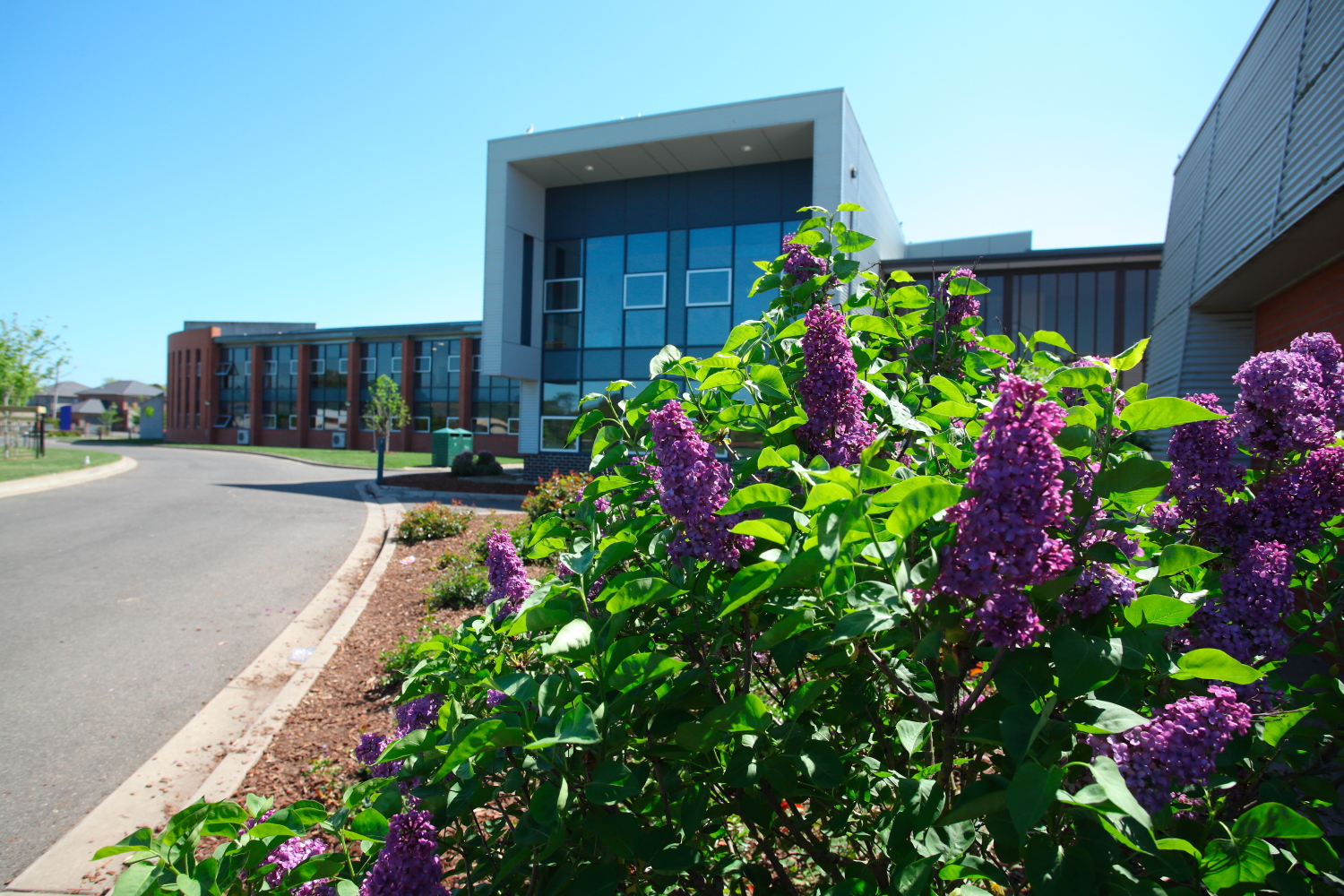More FAQ
I am concerned about my son being in a separate program within the school. How will he be connected with his year level? Where will the program be located?
The program will be located on site in a specially-designed area at St Patrick’s College. Students will be based here for the majority of their course work. Students will have Pastoral Care, recess and lunch breaks with the rest of the Senior School. They will also participate in all College activities such as assemblies, sports days and retreats. VCAL students will always be welcomed warmly as students of St Patrick’s College.
I still don’t really understand Applied Learning and the VCAL Certificate. Where can I find out more?
All parents and students who are considering VCAL are encouraged to contact the College’s Applied Learning Coordinator directly with any additional questions.
I’m not sure my son is ready to commit to this pathway. Who should I speak with?
Many St Patrick’s College teachers have a working knowledge of VCAL. Your son’s Pastoral Care teacher would be the first person to speak with. The College Applied Learning Coordinator and the Year Level Coordinator would be the best contact to answer more complex questions.
More information on VCAL can be found at the VCAA website at this link
I’m not clear about the difference between VET, VCAL, VCE and SBA. Where can I find out about these different things?
The Applied Learning Coordinator has specific information about these things, as does the College Careers Coordinator. Further clarification can be obtained through the subject selection process. There are also a number of helpful websites providing general information for parents including the VCAA Website.
Will my son be disadvantaged in any way by undertaking studies in applied learning?
No, unless his aspiration is to attend university. If so, he should seek advice about sticking with his VCE. Note that VCAL is not scored, which means that there is no ATAR score from the VCAL certificate. If your son is intending to attend university after Year 12, VCAL will not work for him.
What might a ‘normal day’ in VCAL look like?
Session 1: Pastoral Care
Sessions 2,3: Literacy – Checking resumes and writing a cover letter, drafting a job application
Recess
Sessions 4,5: Numeracy – Location, by creating three different types of maps
Session 6: Personal Development Skills – Project planning using the Team Template, RSPCA Fundraiser
Session 7: Lunch
Sessions 8,9: Personal Development Skills/ Work Related Skills – Safely making carved walking sticks for the aged retirement home.
What might a ‘normal week’ in VCAL look like?
Monday – Pastoral Care, Core studies in Literacy, Numeracy, Personal Development Skills and Work Related Skills, Religious Education
Tuesday – Pastoral Care, Core studies in Literacy, Numeracy, PDS and WRS/ Flexible, individual learning/ VET class
Wednesday – Pastoral Care, Core studies in Literacy, Numeracy, PDS and WRS, Religious Education
Thursday – SBA/ VET/ Individual Projects/Training Courses
Friday – SBA/ VET/ Individual Projects/Training Courses/ Catch up from Tuesday’s VET class
Does my son have to do a VET or a SBA?
Yes. Typically, a student will need to successfully complete 100 hours of VET or SBA to complete Intermediate or Senior VCAL. This will meet the Industry Specific Skills requirement of VCAL, and ensure he receives his VCAL.
Who is going to be teaching my son in this program?
Selected staff, passionate about applied learning, who have an additional qualification as Workplace Trainers and Assessors.
When are assessments due?
There are many opportunities to meet outcomes throughout a unit of work. Students can negotiate assessment with teachers, which best meet the required outcomes. It is expected that boys would be engaged in at least two group and two individual major projects each year. Assessments are conducted when the work is in progress and completed. Boys are responsible for keeping a portfolio of evidence that they have met all required outcomes. This will be submitted at the end of each term.
What are the differences between the expectations in Years 10, 11 and 12?
A typical student will move through the VCAL in three years:
Foundation in Year 10 requires full participation.
Intermediate in Year 11 requires full participation and implementation of projects to completion.
Senior in Year 12 requires full participation, implementation and leadership of complex projects to completion.


